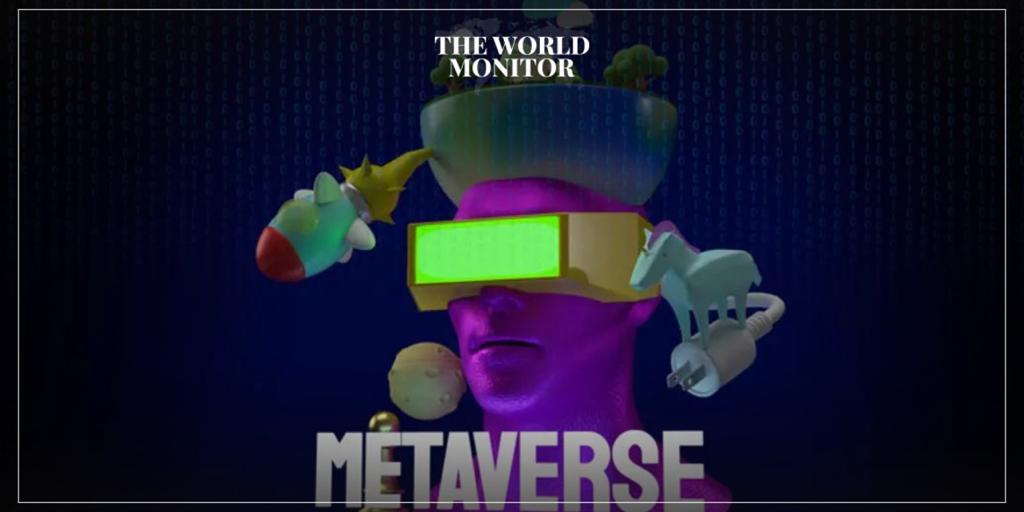The accelerating global interest in the Metaverse, a collective virtual shared space created by converging virtually augmented physical reality, is poised to reshape Middle Eastern economies, particularly those of Saudi Arabia and Egypt. According to a recent report, the global market value for the Metaverse sector could skyrocket to an impressive $900 billion by 2030. Renowned consulting firm Deloitte forecasts that this budding industry might inject over $80 billion annually into the GDP of the Middle East and North Africa (MENA) region by 2035.
Breaking down the data, projections linked to Metaverse-related Information Technology (IT) and communications investments suggest that by 2035, the Saudi economy could receive a yearly boost ranging from $20.2 billion to $38.1 billion. Egypt, on the other hand, may benefit from an additional $11.6 billion to $22 billion annually.
The MENA region, renowned for its rapid transformation and diversity, is on an economic and digital metamorphosis journey. Hydrocarbon-rich nations, like Saudi Arabia and the UAE, are embracing diversification strategies, ushering in ambitious transformation plans like Saudi Arabia’s “Vision 2030” and the UAE’s “Vision 2031”. These endeavors situate digitization at their core. For instance, estimates suggest that by 2025, Saudi Arabia’s investment in technology might approach $24.7 billion. Such significant investment, when juxtaposed with the nation’s GDP, could place Saudi at the forefront of global tech investment.
Moreover, the region is witnessing an influx of Metaverse initiatives. Samuel Huber, the CEO of “Landvault”, a company operating in the Metaverse tech domain, emphasized the clear vision of local governments and institutions to become pioneers in this sector by 2030. According to Huber, the technological vision set by these governments sparks innovation and creates an attractive regulatory landscape for companies. Furthermore, the Gulf Cooperation Council (GCC) countries stand out in their adoption and application of this technology.
In his interview with “Alarabiya.net”, Huber highlighted initiatives like Dubai’s Metaverse strategy, the entry of the UAE’s Ministry of Economy into the Metaverse realm, the Dubai Metaverse forum, and Metaverse technologies in Saudi’s NEOM project. He sees these endeavors as concrete evidence of the GCC countries’ and the region’s commitment to spearheading the virtual world sector.
Dubai’s Metaverse strategy aims to raise the sector’s contribution to $4 billion by 2030, representing 1% of the emirate’s GDP.
Addressing the need for awareness of this still relatively new technology, Huber underscored the many educational initiatives launched to acquaint the public with the latest developments. Earlier this year, the Dubai International Financial Center launched a Metaverse platform to attract tech innovators and foster development.
In conclusion, governments in the region have played a pivotal role in enlightening businesses and consumers about the future possibilities of technology.


